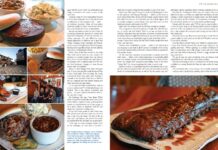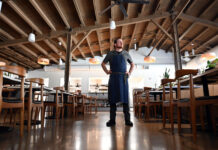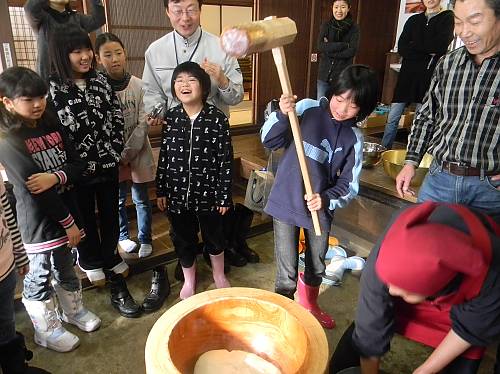“The hawker centers are wonderlands of Chinese, Indian, and Malay specialties. It’s like shooting fish in a barrel making food porn in Singapore.”
— Anthony Bourdain in 2017
In Singapore, “hawker culture” refers to 114 food halls and stalls scattered through the Asian city-state, where a community of cooks and vendors sell meals. The Guardian’s correspondent describes them as “the nation’s dining rooms, where people from all walks of life mingle and eat cheap, freshly cooked dishes from morning to night. Hawkers sell many things, from whole roasted ducks and steamed pork buns to pig’s trotters and fish-head curry.”
Yummers.
As 2020 came to a close, the United Nations Educational, Scientific and Cultural Organization (UNESCO) added Singapore’s hawker culture to its list of Intangible Cultural Heritage of Humanity.
Evolved from street food culture, hawker centres have become markers of Singapore as a multicultural city-state, comprising Chinese, Malay, Indian and other cultures. Hawkers take inspiration from the confluence of these cultures, adapting dishes to local tastes and contexts. Today, hawker centres across Singapore continue serving the needs of diverse communities in residential, recreational and work districts.
You can browse at leisure UNESCO’s List of Intangible Cultural Heritage as it pertains to cooking, food and dining, from which I’ve drawn this example as pertinent to the arrival of 2021: Washoku, traditional dietary cultures of the Japanese, notably for the celebration of New Year.
Washoku is a social practice based on a set of skills, knowledge, practice and traditions related to the production, processing, preparation and consumption of food. It is associated with an essential spirit of respect for nature that is closely related to the sustainable use of natural resources. The basic knowledge and the social and cultural characteristics associated with Washoku are typically seen during New Year celebrations. The Japanese make various preparations to welcome the deities of the incoming year, pounding rice cakes and preparing special meals and beautifully decorated dishes using fresh ingredients, each of which has a symbolic meaning. These dishes are served on special tableware and shared by family members or collectively among communities. The practice favours the consumption of various natural, locally sourced ingredients such as rice, fish, vegetables and edible wild plants. The basic knowledge and skills related to Washoku, such as the proper seasoning of home cooking, are passed down in the home at shared mealtimes. Grassroots groups, schoolteachers and cooking instructors also play a role in transmitting the knowledge and skills by means of formal and non-formal education or through practice.






















